
Waiting for a rabbit by the stump
One day, a man from the State of Song was plowing his field. Suddenly, a wild rabbit rushed over and crashed into a tree stump not far from the man, killing itself.
Read more>
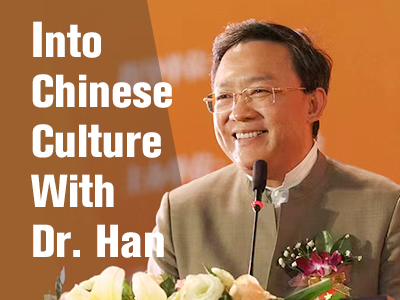
Cultivating the ability to love
In modern life, some people are very indifferent and cruel towards others. This indifference stems from a lack of training in love and ability to love. This is what we need to ponder in terms of our emotional education, and it is what parents, schools, and society as a whole need to make efforts toward.
Read more>
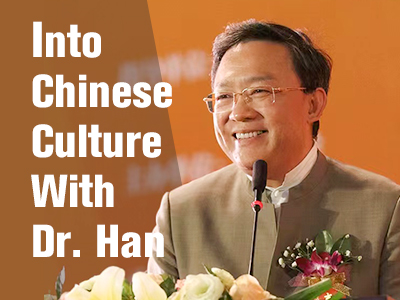
Paper tiger
The idiom we are discussing today is “paper tiger.” A story in the Spring and Autumn Period (770-476 B.C.) describes people who appear strong on the outside but are actually weak inside.
Read more>
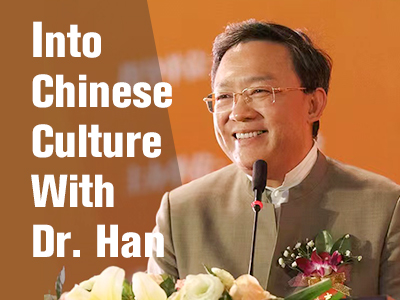
Righteousness satisfies my heart
Chinese philosophers say, “Without desire, one will always be content.” Since ancient times, China has had an education in joyfulness. The opening lines of “The Analects” present the heart of the sage. Confucius said: “Is it not a pleasure to learn and apply what one has learned constantly? Is it not a joy to have friends come from afar? Is it not a mark of the noble-minded to be unconcerned about people not appreciating them?” This is the demeanor of the sage. Zhu Xi regarded this as “the gateway to becoming sages and the foundation of accumulating virtue.”
Read more>
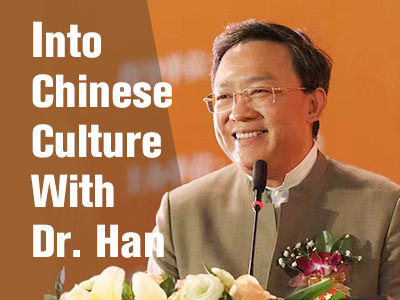
Turn of the soul
What is true in this world? What is important? Plato said the soul is more real. If the soul is more real, should we care for the body or the soul? Of course, caring for the soul is humanity’s highest mission.
Read more>
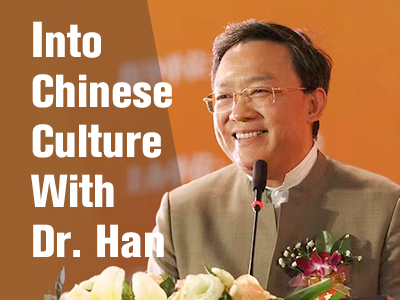
Finding peace in family
Plato once said in his “Symposium” that the tranquility of human society, the calmness of the sea, the cessation of storms, and the sweet sleep amid all suffering are all achievements of love.
Read more>
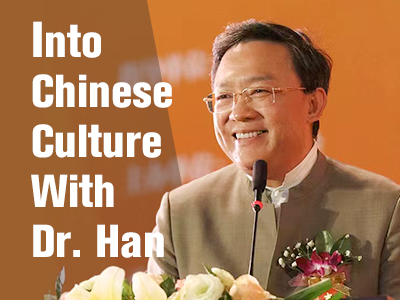
Compassion is like the sea
King Xuan of Qi asked Mencius what virtues one must possess to become the ruler of the world? Mencius replied, “Compassion and benevolence.”
Read more>
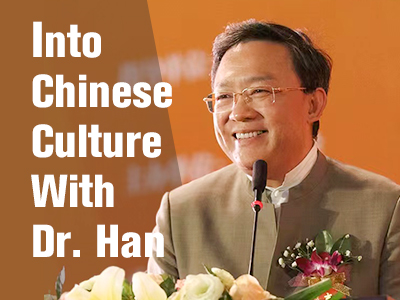
Where does evil come from?
If we agree with Mencius' theory that human nature is inherently good, or at least possesses goodness, then why do we find evil in the world? What factors lead these individuals to obscure their nature, preventing them from recognizing and returning to their true nature?
Read more>